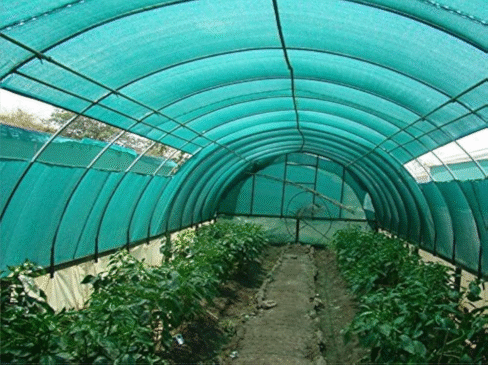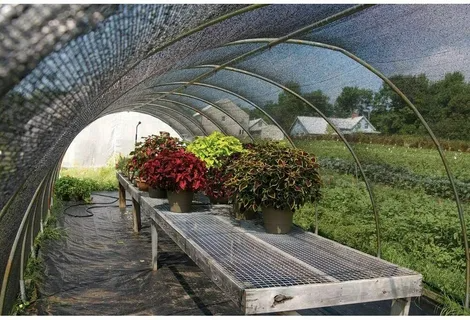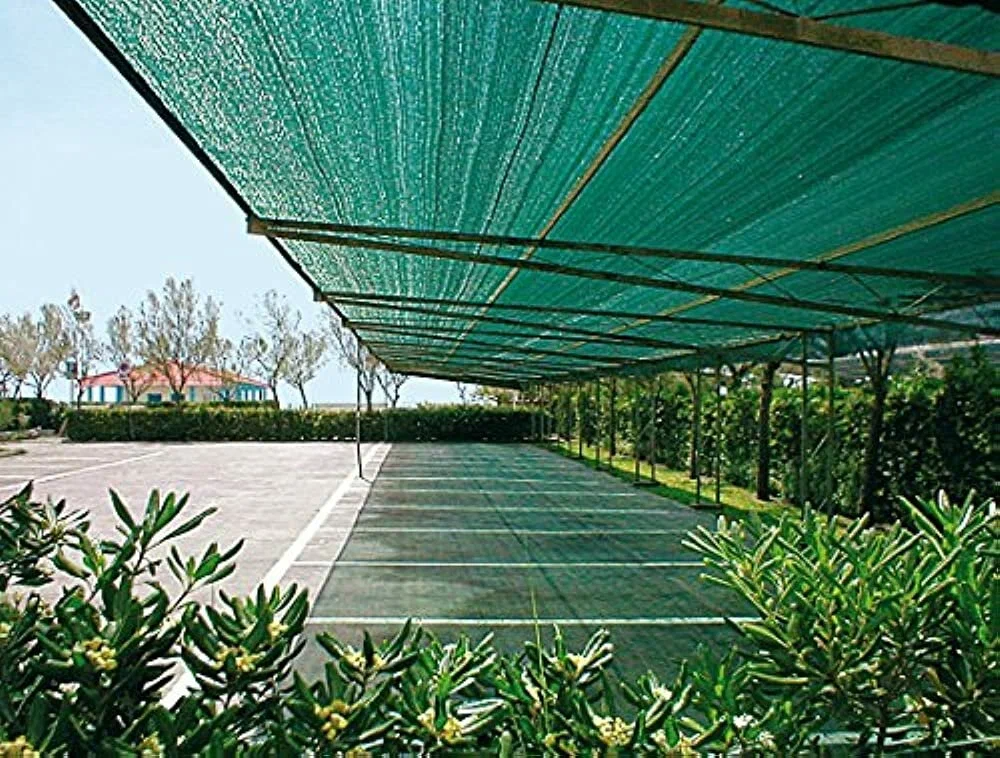The United Arab Emirates (UAE) is renowned for its rapid urban development, stunning skylines, and desert landscapes. However, amidst the sprawling cities and arid climate, agriculture plays a crucial role in ensuring food security and promoting sustainable practices. With harsh sunlight, extreme temperatures, and water scarcity posing significant challenges, UAE farmers and growers have embraced innovative solutions to maintain healthy crops and conserve resources. One of the most effective and widely adopted technologies is shade netting.
Shade netting has revolutionized agriculture in the region, offering a practical way to mitigate the harsh environmental conditions that characterize the UAE. In particular, Shade Net Dubai products are now essential tools for farmers, landscapers, and horticulturists who seek to optimize crop yields while protecting the environment. By regulating sunlight, reducing water usage, and improving microclimates, shade nets support sustainable agriculture in ways that align perfectly with the UAE’s vision for a greener future.
The Role of Shade Netting in UAE Agriculture
The UAE’s climate presents unique obstacles to crop production. High temperatures, intense ultraviolet (UV) radiation, and prolonged dry periods can stress plants, reduce photosynthesis, and limit growth. Shade netting provides a protective barrier that helps regulate these environmental factors. By filtering and diffusing sunlight, shade nets reduce the intensity of heat and light exposure, allowing plants to thrive in otherwise inhospitable conditions.
Green Shade Net in Dubai has become particularly popular due to its effectiveness in providing optimal shade while allowing adequate airflow. The green color mimics natural foliage, which helps reduce heat buildup under the netting. This not only creates a more favorable microclimate for plants but also contributes to energy savings when used in greenhouses and nurseries.
Moreover, shade nets help conserve water—a critical concern in the desert climate of the UAE. By minimizing evaporation rates from soil and plant surfaces, shade nets enable farmers to use irrigation more efficiently. This water-saving advantage is a cornerstone of sustainable agriculture, especially in regions where water is a scarce and valuable resource.

Shade Net Suppliers in Dubai: Driving Innovation and Sustainability
The demand for quality shade nets has led to the rise of specialized Shade Net Suppliers in Dubai who cater to the diverse needs of the agriculture sector. These suppliers offer a range of products varying in density, color, and material composition to suit different crop types and environmental conditions.
Top suppliers focus not only on product quality but also on innovation, durability, and environmental impact. Many modern shade nets are made from UV-stabilized polyethylene, ensuring longevity and resistance to degradation caused by intense sunlight. This means farmers invest in long-lasting solutions that reduce waste and frequent replacements, reinforcing sustainability goals.
In addition, reputable Shade Net Suppliers in Dubai provide expert guidance on selecting and installing shade nets tailored to specific crops, seasons, and farm layouts. Their technical support helps maximize the benefits of shade netting, enhancing crop productivity and resource efficiency.
Environmental Benefits of Shade Netting in the UAE
Beyond crop protection and water conservation, shade netting offers several environmental benefits that contribute to the broader sustainability agenda in the UAE. By fostering healthier plants and reducing the need for chemical pesticides, shade nets encourage organic and integrated pest management practices. The physical barrier created by the nets can limit pest access and reduce disease spread, minimizing the reliance on harmful agrochemicals.
Furthermore, shade nets help reduce soil erosion by shielding soil surfaces from direct sunlight and wind. This is crucial in preventing land degradation in arid zones, preserving soil fertility, and maintaining productive agricultural land.
Another notable environmental impact is the potential for shade nets to mitigate urban heat island effects when used in urban farming and landscaping projects. By covering crops and green spaces, they reduce ambient temperatures, enhance air quality, and contribute to more comfortable living environments.
Economic and Social Impact of Shade Netting in Sustainable Agriculture
The economic advantages of using shade nets are clear: higher crop yields, reduced input costs, and better product quality translate into increased profitability for farmers. In the UAE, where agricultural ventures often operate in challenging environments, these benefits can mean the difference between success and failure.
Sustainable agriculture supported by shade netting also enhances food security in the UAE by enabling local production of fresh fruits, vegetables, and flowers. This reduces dependence on imports, lowers transportation emissions, and strengthens the resilience of the food supply chain.
Socially, the adoption of shade nets fosters knowledge sharing and innovation within the agricultural community. Farmers, agronomists, and suppliers collaborate to improve techniques, share best practices, and explore new applications of shade net technology.

Future Outlook: Shade Netting and Sustainable Farming in the UAE
As the UAE continues to invest in sustainability initiatives and green technology, the role of shade nettings is expected to grow. Innovations such as smart shade nets integrated with sensors and automated systems promise even greater precision in microclimate control, water management, and crop monitoring.
Moreover, the expanding use of shade nets in urban agriculture and vertical farming aligns with the country’s goals to create sustainable cities and promote food self-sufficiency. By providing flexible, cost-effective protection against environmental stressors, shade netting supports diversified agricultural models that can thrive even in limited spaces.
End Note:
In conclusion, Shade Net Dubai and the expertise of Shade Net Suppliers in Dubai are pivotal in advancing sustainable agriculture across the UAE. The adoption of Green Shade Net in Dubai solutions is a testament to the region’s commitment to innovative, eco-friendly farming practices that safeguard natural resources, enhance productivity, and ensure long-term food security.

